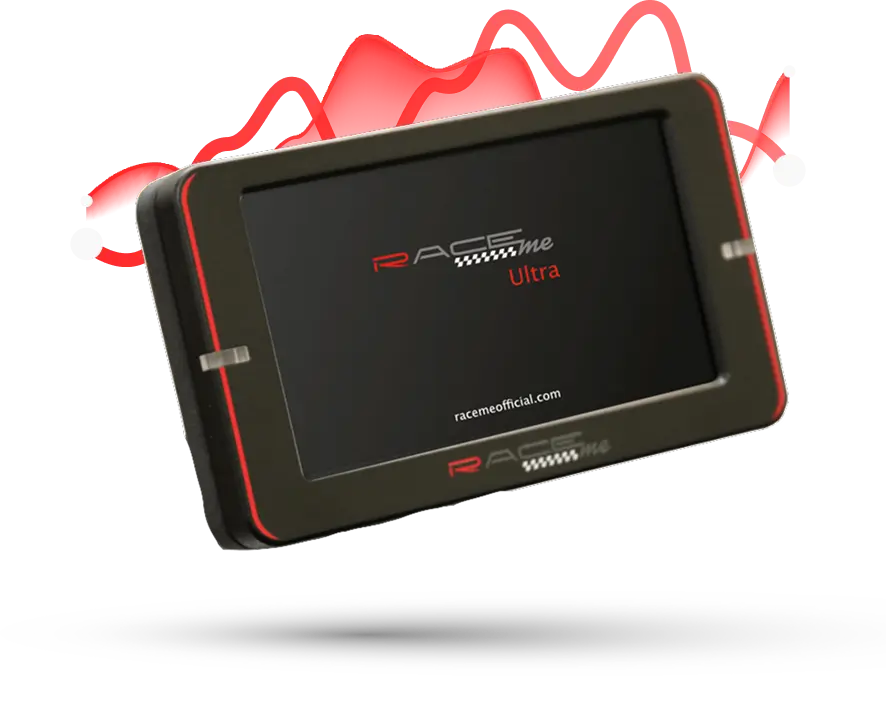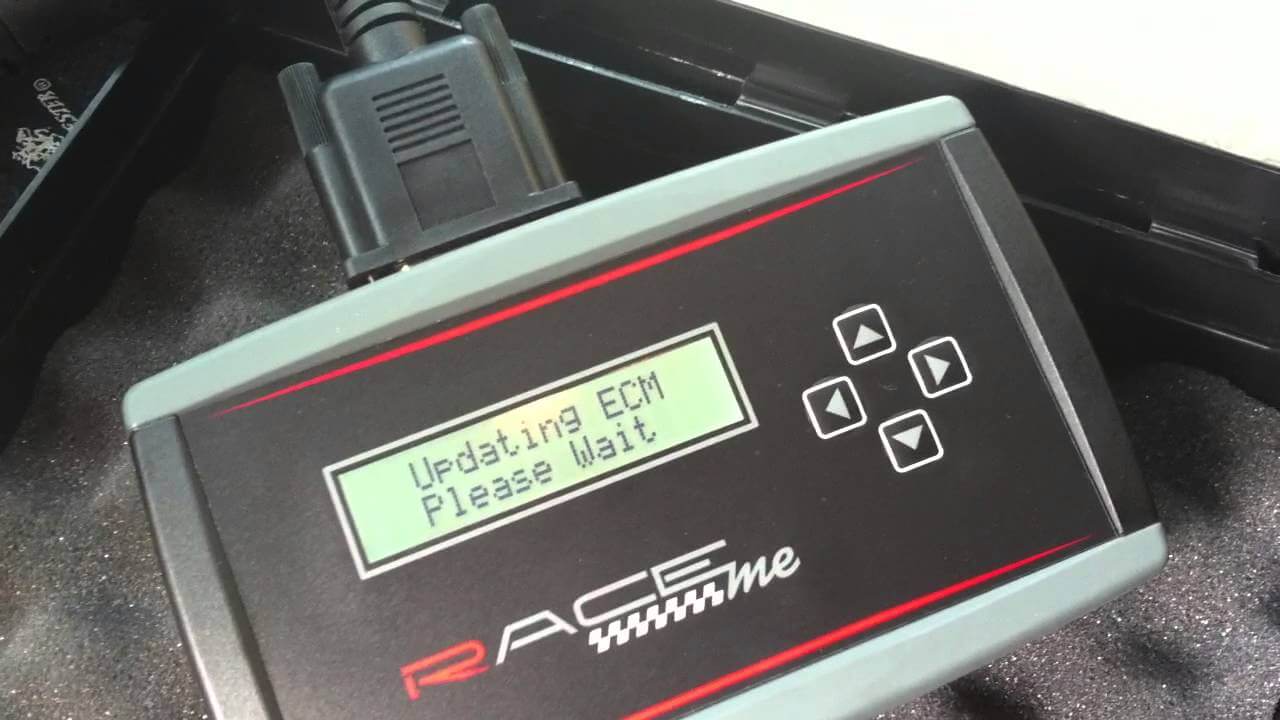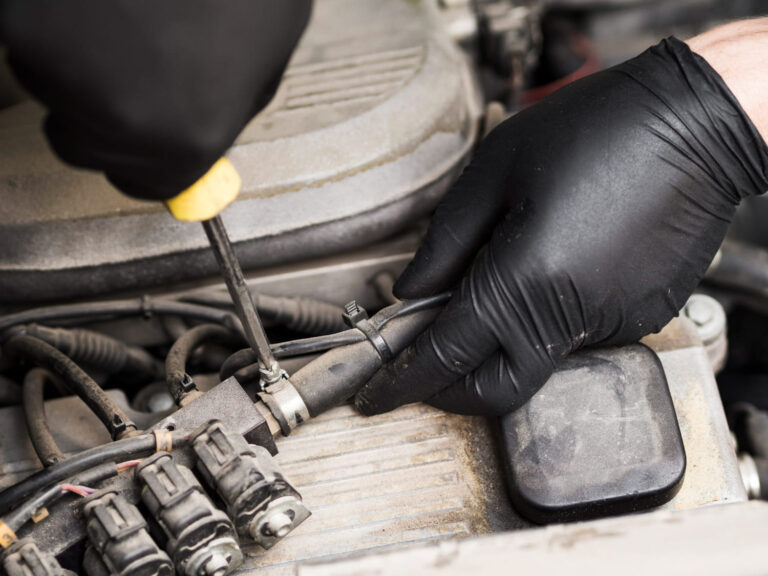Before diving into deletes, let’s first explain the systems themselves. Modern diesel engines have to meet strict environmental regulations. To reduce pollutants, manufacturers use three major components:
- DPF (Diesel Particulate Filter)
- EGR (Exhaust Gas Recirculation)
- DEF (Diesel Exhaust Fluid / SCR system)
Each one plays a role in cutting down emissions, but they also come with downsides such as higher maintenance, increased fuel consumption, and costly repairs. That’s why many diesel owners explore deletes as an option.
What is a DPF Delete?
A DPF delete means removing the Diesel Particulate Filter from your exhaust system and reprogramming the truck’s computer (ECU) so it runs without it.
What does a DPF do?
The DPF is designed to capture and burn off soot and ash particles from diesel exhaust. It traps these particles in a honeycomb filter and periodically burns them away in a process called regeneration. While this reduces visible black smoke and pollution, it creates several issues:
- Frequent clogs that trigger warning lights
- Expensive replacement costs (often thousands of dollars)
- Reduced fuel economy due to higher backpressure
- Downtime when the filter fails
Benefits of deleting a DPF
When the DPF is removed, the exhaust can flow freely. That usually leads to:
- Better fuel mileage
- Increased horsepower and torque
- Lower exhaust gas temperatures (EGTs)
- Less risk of costly filter failures

RaceME Ultra Review for Farmers: The Ultimate Upgrade for Heavy Trailer Work
What is an EGR Delete?
An EGR delete disables the Exhaust Gas Recirculation system, which routes a portion of exhaust gases back into the engine’s intake to reduce nitrogen oxide (NOx) emissions.
What does an EGR do?
By reintroducing exhaust gases, the EGR lowers combustion temperatures, helping meet emissions standards. But in practice, it also causes:
- Carbon buildup inside the intake manifold and valves
- Reduced efficiency and power
- Potential engine wear from dirty air mixing with fresh intake
Benefits of an EGR delete
By removing or blocking off the EGR system, you can:
- Reduce engine gunk and carbon buildup
- Improve throttle response and performance
- Lower chances of EGR cooler or valve failure
- Extend engine lifespan by keeping combustion cleaner
What is a DEF Delete?
A DEF delete (sometimes called SCR delete) eliminates the Selective Catalytic Reduction system, which uses Diesel Exhaust Fluid (a mixture of urea and water) to neutralize nitrogen oxide emissions.
How does DEF work?
DEF is stored in a separate tank and injected into the exhaust stream. It reacts with NOx gases in the catalytic converter to turn them into nitrogen and water vapor. This reduces emissions significantly but introduces new challenges:
- Having to refill DEF tanks regularly
- Risk of freezing or contamination in the DEF system
- Expensive repairs when sensors, pumps, or injectors fail
Benefits of deleting DEF
A DEF delete removes all the extra hardware and computer controls related to SCR. This typically results in:
- No more buying or refilling DEF fluid
- Fewer DEF-related breakdowns
- Simpler exhaust system with fewer components to fail
- Improved fuel economy in some cases

Towing Heavy Loads: Why RaceME Ultra Is a Must for RV and Boat Owners?
Why Do People Delete DPF, EGR, and DEF Systems?
Now that you know what each delete is, the big question is: why do so many diesel owners consider it?
The most common reasons include:
- Performance – With fewer restrictions, the engine can breathe better, leading to more horsepower, torque, and throttle response.
- Fuel economy – Less backpressure and fewer emissions cycles often translate into better miles per gallon.
- Reliability – Deleting emissions components eliminates common failure points that can leave a truck stranded or cost thousands to repair.
- Maintenance costs – No more replacing DPFs, EGR valves, or filling DEF tanks.
For people who use their trucks for towing, off-road use, or competition, deletes are often seen as a way to unlock the engine’s full potential without the headaches of emissions equipment.
DPF vs. EGR vs. DEF Delete – Which Has the Biggest Impact?
If you’re wondering which delete makes the biggest difference, here’s a quick breakdown:
- DPF delete – Huge impact on performance and fuel economy, but also the most obvious when removed (smoke output).
- EGR delete – Major improvement in engine cleanliness and reliability, though gains in power are moderate.
- DEF delete – Saves on fluid and system repairs but doesn’t change performance as much as DPF or EGR deletes.

- +200 HP Performance Boost
- Real–Time Monitoring & Tuning
- Easy Plug & Play Install + Updates Free
- DPF/EGR/DEF Delete Options
- Works with RAM 2500 & 3500





